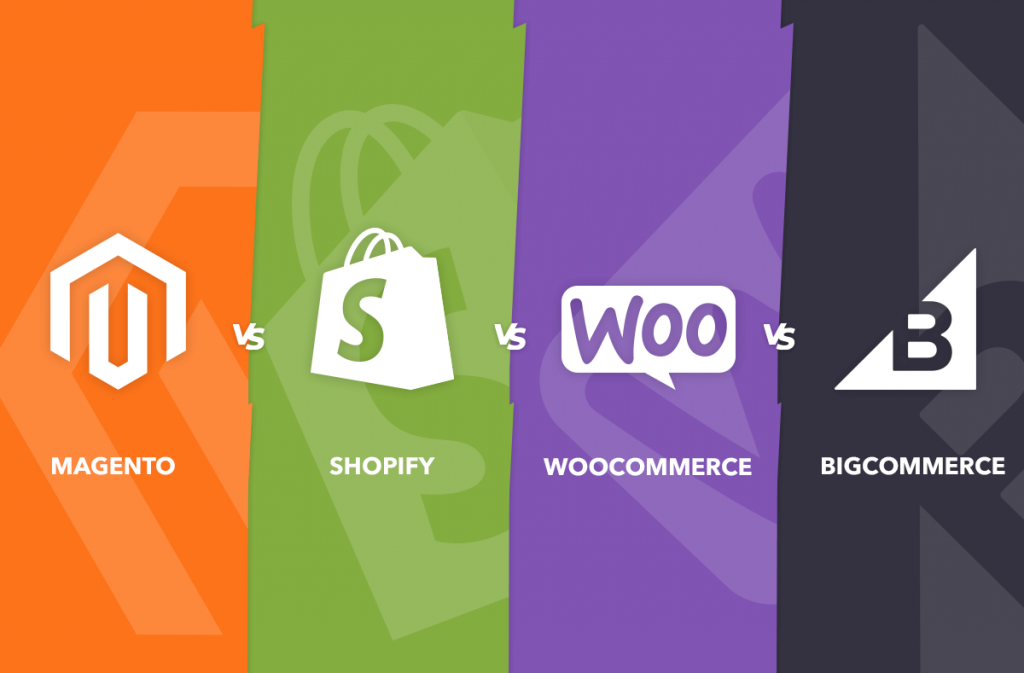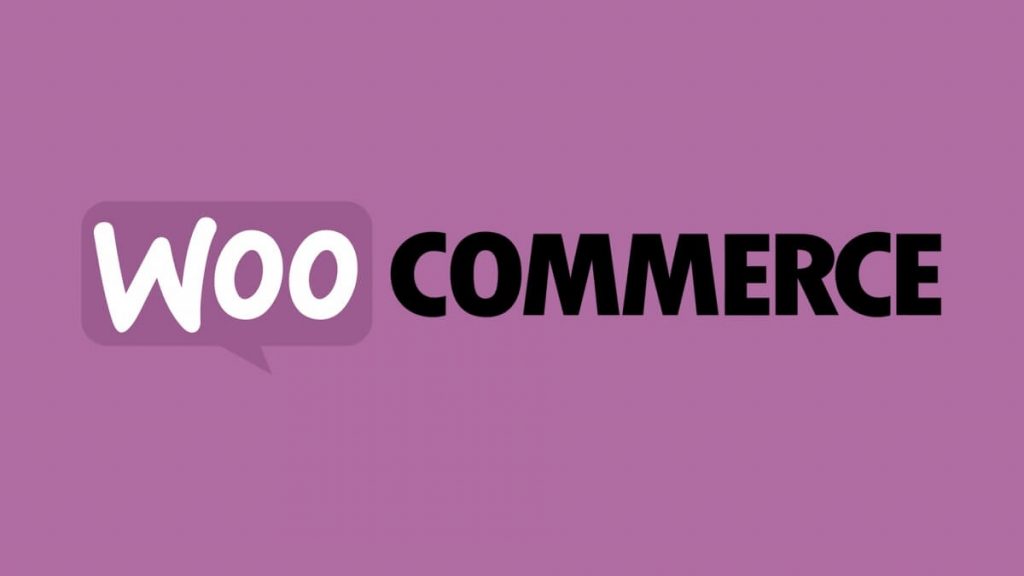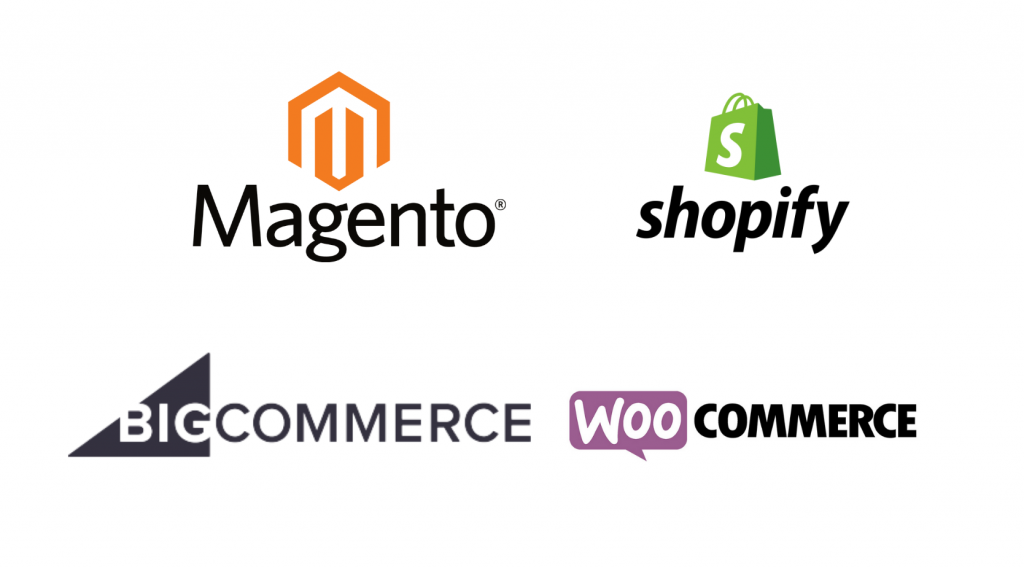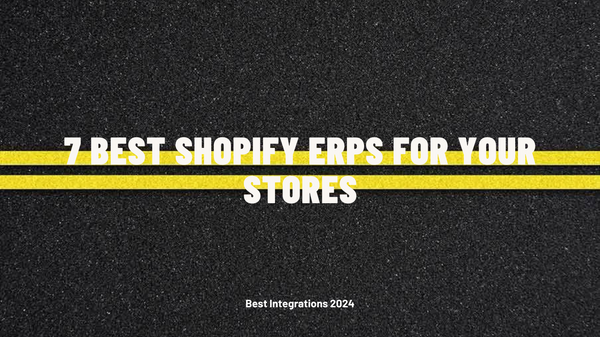
Properly choosing and successfully implementing an eCommerce platform, you can kill several birds with one stone: create and streamline a customer base, attract new customers, start engaging the “sleeper” part of the target audience, and set off in-depth tracking of KPIs and monitoring of work staff.
First things first, however - you’ll need to get the most fitting system for your business. And this is where it’s better to get a grasp on the continuous stand of the industry giants - Shopify vs WooCommerce vs Magento vs BigCommerce.;
Magento
Magento is a hugely popular open-source eCommerce platform that comes in both Community and Enterprise Editions. Today, such popular sites as Helly Hansen, Sigma Beauty, Ford, Vizio, Landrover, Nike, Nestle Nespresso are based on this renowned platform. In total, today, 170,000 online stores are powered by the Magento platform. The company's slogan is “Designed to grow, built for flexibility”.

Ultimately, the main characteristics of Magento include:
- many features for various purposes are offered: support for big product catalogs with multiple modifications, native product bundles, cross-selling and upselling modules, etc.
- there are three basic deployment options - created solution can be hosted on-site, in the cloud, or based on the third-party hosting;
- the end performance can be optimized to any size of the website due to a flexible selection of hosting options;
- there are tons of built-in SEO features;
- in terms of payment gateways, Magento readily supports PayPal, Authorize.net, Amazon Payments, and Stripe;
- there are over 5,000 extensions for ultimate customization opportunities;
- you can use a huge number of configurable product-oriented features (both built-in and additional);
- a Magento-based store can be easily scaled to store up to 250K product items;
There are, however, certain downsides to keep in mind as well:
- the platform isn’t simple to master for beginner web store makers - after all, Magento is optimized for the creation of non-template, custom solutions;
- looking for profiled developers may take lots of time and budget (make sure to have proper contacts to not waste your time);
- authentic Magento-based projects start at $20,000, which isn’t too affordable for many companies (if you’re looking to save costs, then you may want to compare Magento vs WooCommerce and settle with the second option);
- Magento Open Source Edition is free, however, you still have to pay for hosting ($20 – $150 for shared Magento hosting and from $500 – $800 for dedicated servers depending on the size of the store); there is also Magento Commerce Edition (Enterprise) which costs $22,000 - $125,000 per year and Magento Cloud Edition for PaaS solutions, costing $40,000 – $150,000 per year.
WooCommerce
Moving on with comparing the ultimate eCommerce leaders - BigCommerce vs Shopify vs WooCommerce vs Magento.
WooCommerce is a freeware, open-source plugin from WordPress developers. Today, it is the most popular free solution for online store web developers. Keep in mind, however, that it doesn’t come with a dedicated hosting by default and you’ll have to look for one yourself.

Such vivid websites as Porter & York, EcoKitty, Apogee CE, and Yousli were created based exactly on this plugin. If we look at the statistics of plugin usage in the top 10,000 sites, the coverage isn’t the widest, but still significant - every tenth online store is made on WooCommerce.
If you choose this popular WordPress plugin for your project, here’s what you ultimately get:
- there are thousands of fully-customizable themes for this platform, which can be optimized both via a graphic editor or using custom CSS, HTML, or PHP coding;
- simple product listing, bulk email, multiple store inventories, analytics, many marketing features, and more - there are tons of flexible configuration tools;
- WooCommerce also has plenty of built-in SEO features;
- you get lots of payment gateway options to choose from as well.
In turn, the disadvantages of this platform include:
- connection of too many plugins and extensions leads to slower loading speeds and slower performance as a whole;
- many extensions are paid (based either on a one-time or monthly plan).
BigCommerce
BigCommerce is a platform built specifically for creating large-scale, scalable eCommerce solutions. This is the best eCommerce platform for everybody just getting started with web development.
The framework was used to build such websites as Skullcandy, EZPZ, Rollie Nation, Natori, and Camelbak. It is the only engine that directly integrates with the Google Merchant Center, allowing users to promote their products on Google Shopping. It's also worth noting that BigCommerce easily integrates with third-party apps and software to make it easier to manage day-to-day store operations. For example, you can connect QuickBooks, Olark LiveChat, Optimizely, and much more.

The major properties of BigCommerce include:
- BigCommerce provides around 140 paid-for themes, starting at $150 up to $300, as well as 9 absolutely free themes;
- BigCommerce has the out-of-the-box payment gateway option - Paypal;
- a comprehensive set of reports is available;
- 250 product options;
- an official Mailchimp integration;
- the platform offers 4 pricing plans, from $29.95 per month to $299.95 per month).
BigCommerce has its cons as well:
- BigCommerce is not as customizable as Magento and WooCommerce - you only have a limited number of themes available with certain customizations;
- the cost of using the engine directly depends on the number of sales, so you cannot accurately calculate the long-term budget for a store (so if you have to choose between Big Commerce vs Shopify, it’d be better to choose the latter);
- a necessary monthly fee for the platform (the most budgetary option will cost you $29.95 per month - for stores with a turnover of up to $50 thousand per year).
Shopify

Shopify is yet another well-known online store framework that is ideal for small and medium businesses. Shopify has been chosen by the creators of web stores such as UgMonk, Pipcorn, Taylor Stitch, Happiness Abscissa, Skinny Teatox, and HELM Boots.
In general, the coolest Shopify property is the hassle-free approach. The platform is highly intuitive and has a drag-and-drop website design interface. You can easily create a full-fledged online store, or grab the Lite plan and Shopify button if you only need major commercial features.
You can easily generate discount promo codes and gift cards for your customers, promote on social media and create an extensive email list for the newsletter.
The main advantages here are:
- a perfect solution for beginner store builders;
- lots of built-in features and all the needed extra capabilities available in Shopify App Store;
- Shopify is a cloud-based platform (no need to look for hosting);
- over 60 themes available (both freeware and paid, ranging $140 – $180 in price);
- no performance issues, as the Shopify team itself is responsible for hosting support and load balancing;
- Shopify has plenty of default SEO features and even more additional in the store;
- Shopify currently supports 70+ various payment gateways, including PayPal, Amazon Payments, etc.;
- the platform offers over 3,000 apps;
- Shopify supports all six categories of PCI standards and follows SSL encryption;
- A Basic Shopify Plan starts at $29, the more advanced plan starts at $79 –$299 per month, and Shopify Plus starts at $2,000 per month.
And for some cons:
- if you need to integrate third-party solutions, you will have to pay extra;
- a lack of flexibility in configurations as opposed to Magento (this is where the Shopify vs Magento stand is won by the second option);
- Shopify isn’t the most affordable solution, but if compared to BigCommerce, for instance, it won’t require any extra costs if your sales growth over time.
Comparison: Magento vs WooCommerce vs BigCommerce vs Shopify
And now for the main question - which CMS to pick from among the neverending battle of Shopify vs BigCommerce vs WooCommerce vs Magento?
Well, if we characterize each engine with one defining term, then in the case of Magento it will be “an ideal choice for non-trivial, custom solutions”, WooCommerce - “affordable”, BigCommerce - “scalability for small and medium-sized businesses”, and Shopify - “steep learning curve”.
To get deeper into the topic, let’s compare the systems at hand by the major project-defining aspects.

Performance
Let’s go through the platform's top-to-bottom.
With the release of Magento 2, the platform performance was significantly improved, as now it allows you to optimize pages for better performance, minimize the server response time for store activities, and improve the efficiency of backend operations. If your store is still running on Magento 1, the SoftLoft team advises migrating to Magento 2.
With WooCommerce, you can easily achieve the performance you need with any project size if you choose the hosting provider that fits the website scale.
As for BigCommerce, it’s considered to be perfectly adapted for large-scale platforms and well optimized to withstand high traffic loads out of the box.
Lastly, Shopify. You don't have to worry about performance here - Shopify servers adapt to the existing workloads dynamically. And if you need to expand, there is a Shopify Plus version for large stores with further scaling potential.
Ease of use
If you are looking for the simplest engine, Shopify has the most challenge-free interface and functionality to handle. You don't have to write a single line of code to create an up-to-date, accessible online store in a couple of evenings.
After Shopify goes WooCommerce. It is well suited for those who have managed to understand the basics of WordPress. The fact that the tool is absolutely free-of-charge makes it all the more interesting for beginner e-store creators.
Next comes BigCommerce. Let's start with the fact that this platform was initially developed for the creation of large trading platforms, which means that novice webmasters are unlikely to prefer it. Nevertheless, over several releases of new versions, the developers managed to achieve maximum clarity of the interface and compose easy-to-grasp documentation.
Magento is the least easy-to-use solution. Meddling with the platform with no web coding skills whatsoever won’t bring any results. In such a case, you’re better off picking among many engines with customizable templates to put in the foundation of a competitive solution.
SEO
Shopify and WooCommerce engines are considered the most extensive in terms of built-in SEO tools. You probably don't even need an SEO specialist to promote your web solution in search engines using these platforms.
Next comes BigCommerce, which has some default SEO tools, but not many of them. And when it comes to Magento, you can't do without a dedicated SEO specialist promoting an online store. This is only logical - large-scale, big-budget solutions require responsible expert support.
Scalability
Magento is an almost infinitely scalable platform. Basically, the same can be said about BigCommerce, but it doesn’t work very well for small stores - why shoot sparrows with a cannon?
Shopify has some restrictions on the number of products that are easily leveled off when switching to Shopify Plus. However - be prepared for higher costs as well.
As for Woocommerce, this plugin is usually preferred by small, low-budget stores. For more formidable solutions, there are the other three platforms.
Security
Shopify and BigCommerce use SSL certificates to securely protect user data. This feature is absent in WooCommerce, and in Magento, it must be enabled manually, which may not be a hassle you would want to bother with.
Summary
To summarize, take a look through the following comparison table.
|
Magento |
WooCommerce |
BigCommerce |
Shopify |
|
|
Pricing policy |
Projects start at $20,000 |
The plugin is free, but the domain name and hosting have to be purchased separately. |
Tariffs start at $29,95 per month but increase according to your volumes of sales. |
Fixed tariffs starting at $29,95 per month. |
|
Scalability |
Great opportunities |
Usually preferred by small businesses |
Good |
Small and medium business |
|
Difficulty of learning |
Simple to grasp |
Documentation has to be explored |
No special skills required |
No special skills required |
|
Flexibility |
High |
High |
Low |
Medium |
|
Security (SSL certificate) |
Configured manually |
Configured manually |
SSL by default |
SSL by default |
|
SEO tools |
Not too many |
Many tools |
A few tools |
Many tools |
Do you have any experience using any of the above platforms? What is your say in the Magento vs Shopify vs BigCommerce vs WooCommerce dilemma? Share your impressions with our readers in the comments below.
And if you are interested in building your own online store and looking for a team of professionals, we are ready to help out! Check out examples of our work and don’t hesitate to contact us to make the wisest choice for your project.



